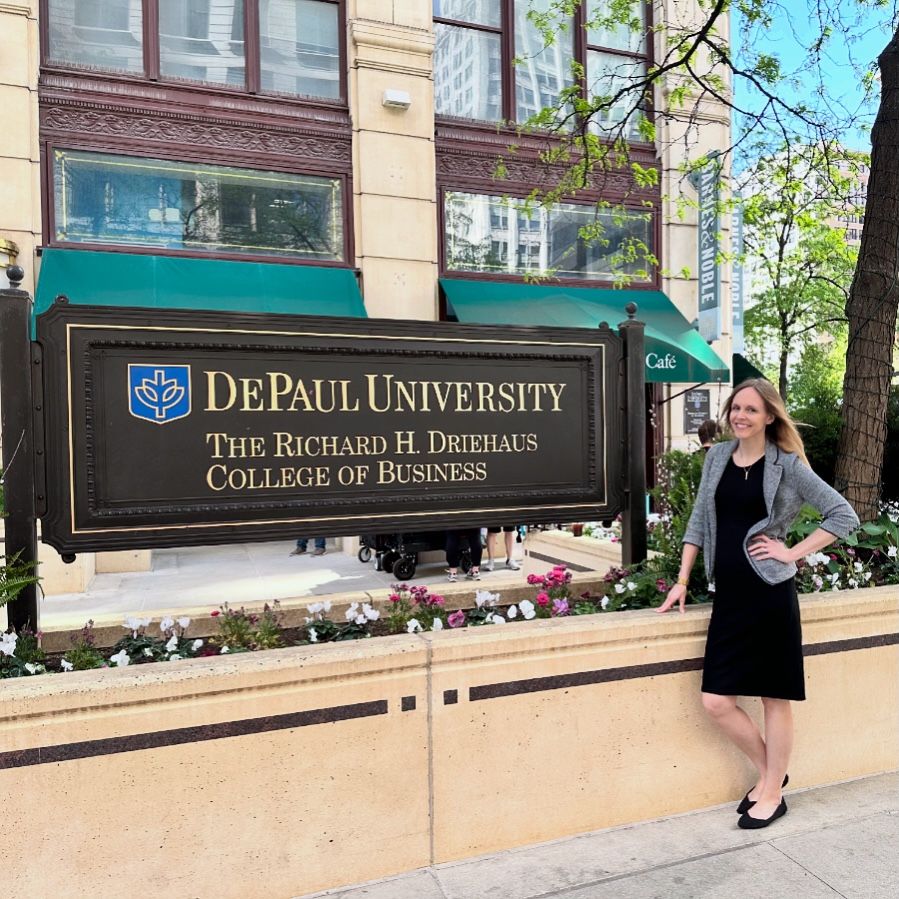
Jenny Olson
@jennygin18.bsky.social
79 followers
98 following
15 posts
Assistant Professor of Marketing at Indiana University ❤️🤍 Researches financial decision making and social cognition | Appreciates a good cupcake 🧁
Posts
Media
Videos
Starter Packs
Jenny Olson
@jennygin18.bsky.social
· Feb 9
Jenny Olson
@jennygin18.bsky.social
· Feb 9
Jenny Olson
@jennygin18.bsky.social
· Jan 28
Jenny Olson
@jennygin18.bsky.social
· Jan 28
Jenny Olson
@jennygin18.bsky.social
· Jan 28
Jenny Olson
@jennygin18.bsky.social
· Jan 28
Jenny Olson
@jennygin18.bsky.social
· Jan 28
Jenny Olson
@jennygin18.bsky.social
· Jan 28
Jenny Olson
@jennygin18.bsky.social
· Jan 28
Jenny Olson
@jennygin18.bsky.social
· Jan 28
Jenny Olson
@jennygin18.bsky.social
· Jan 28
Jenny Olson
@jennygin18.bsky.social
· Jan 27
Jenny Olson
@jennygin18.bsky.social
· Jan 26




